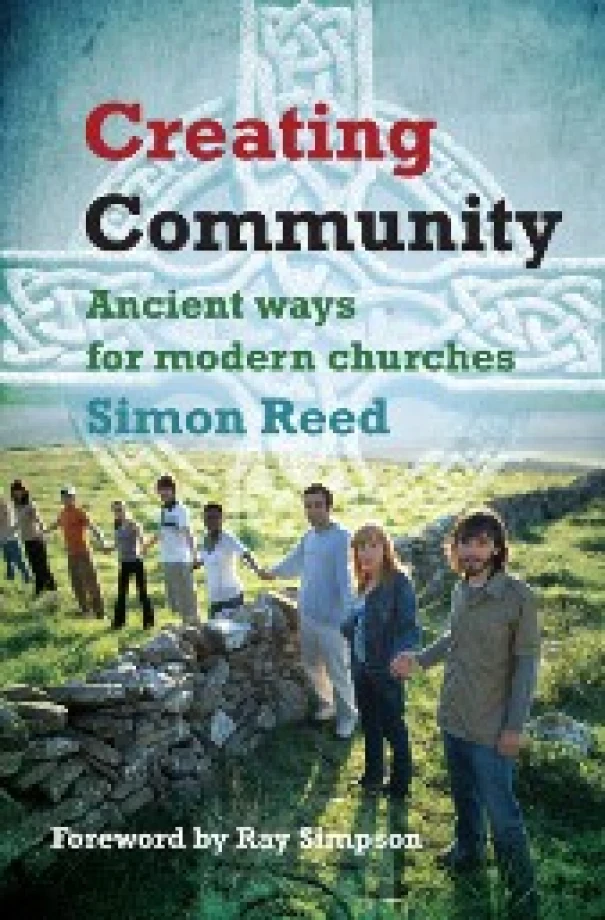Spiritual formation practices reverse decline in Ealing churches
Declining church numbers are a major concern in many parishes across the UK. The Revd Simon Reed, who leads the Church of the Ascension and St Mary’s church in the London borough of Ealing, has found a new but old way of reversing the decline in his own parish.
New monastic approaches originating in practices drawn from the first–century Celtic church have begun a process of creating mature Christian disciples and developing a growing, effective community. Simon explains his discovery and how he applied the new approach in his new book, ‘Creating Community – Ancient ways for modern churches’.
The link between spiritual growth and increasing church numbers had been an equation clear in his mind for some time as he faced up to the stark realities facing the parish. But turning the equation into a strategy for growth had proved elusive. The key was found in a church survey tool originating in Germany (Natural Church Development Handbook), which used extensive research showing that growth in church numbers was linked to eight church characteristics: empowering leadership, gift–orientated ministry, passionate spirituality, functional structures, inspiring worship services, holistic small groups, need–orientated evangelism and loving relationships. Using this approach, it was quickly realised that his church’s biggest weakness was passionate spirituality: members did not feel close to God, and they lacked confidence in their faith. Their process of discipleship or spiritual formation had stalled.
Many churches facing decline have turned to the successful churches in the USA for growth models, but these felt inadequate: a common language was hiding a deep cultural difference. Rather than finding a solution over the ocean, Simon discovered one from across the centuries, specifically with the Celtic church of the first millennium. This community held together many strands of Christian faith that present–day denominational strands have separated, thereby weakening the vibrancy of the faith.
These communities were built on three core elements: the Way of Life (a to–do–list of how to connect personally with God and connect God with the whole of life, practices that varied according to the level of each person’s maturity in the Christian faith); a Rhythm of Prayer (simple patterns of worship, prayer and Bible reading that enabled a regular connection with God), and Soul Friendship, ensuring that everyone in the community had someone more experienced to accompany them on their spiritual journey, to review success and challenge advancement.
The book describes in detail how these practices were developed and applied in Ealing, the challenges the church faced and the success it experienced. Simon comments: “The result of practising these three things is to be part of a people who have a deepening connection with God and one another and who are connecting God more and more with every part of their lives”.
About Simon
Simon Reed is an Anglican minister with two churches in Ealing, West London. He is also one of the three Guardians of the Community of Aidan and Hilda, an international and cross–denominational network of Christians who draw inspiration from the Celtic saints for the renewal of today’s church. He has written regularly for Scripture Union’s Closer to God Bible notes for over ten years. Recently he contributed a chapter to Ray Simpson’s book High Street Monasteries, giving a biblical perspective on this insightful introduction to contemporary ‘new monasticism’. He has been a seminar speaker at Spring Harvest and has been involved in leading their reflective worship stream.
Creating Community – Ancient ways for modern churches is available now, priced £7.99, ISBN 978 0 85746 009 7, pb, 144 pages.
Find out more about the Natural Church Development Survey from Chris Hollies at Leadership First.
